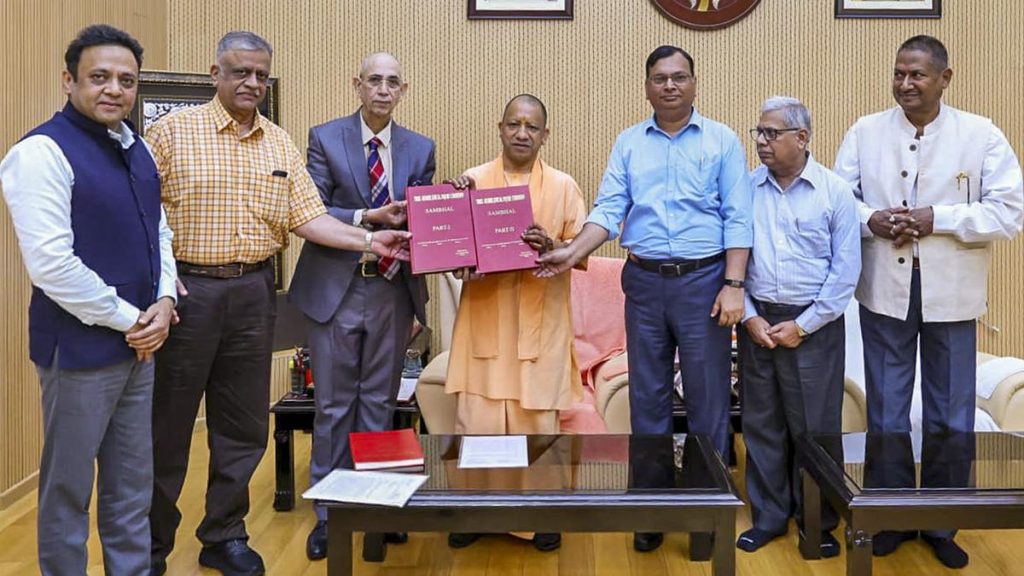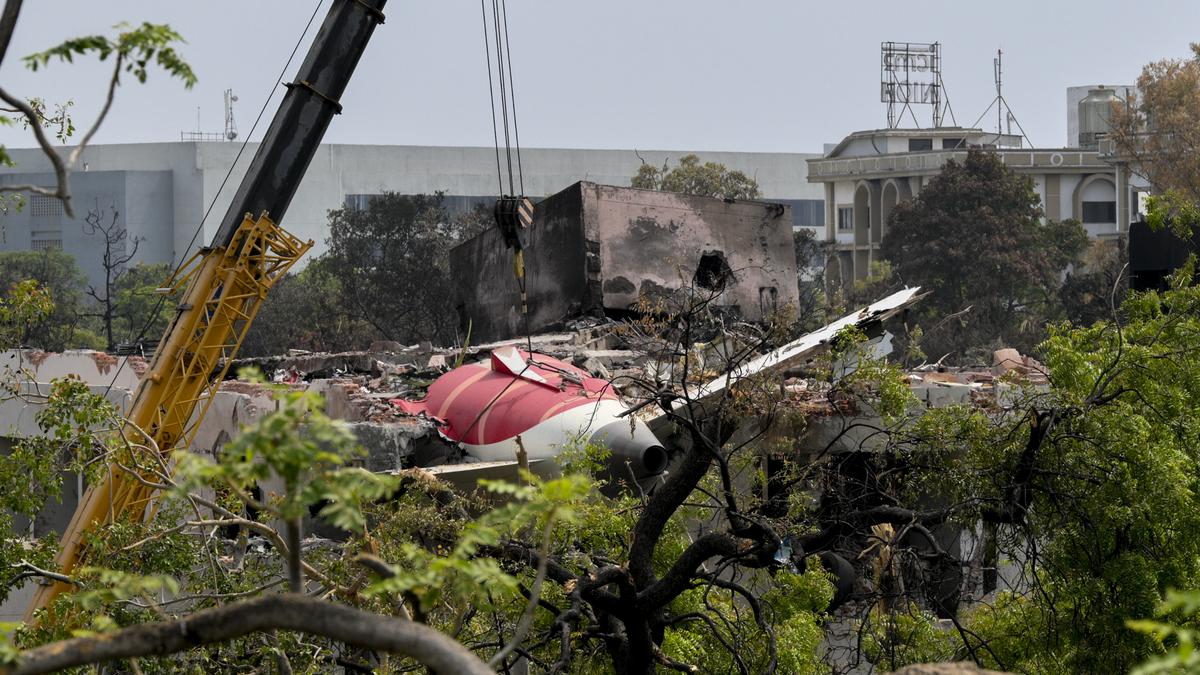Now Reading: TNPSC to Bar Question Setters Over Politically or Communally Sensitive Content: Chairman
-
01
TNPSC to Bar Question Setters Over Politically or Communally Sensitive Content: Chairman
TNPSC to Bar Question Setters Over Politically or Communally Sensitive Content: Chairman
Quick summary:
- TNPSC Decision on Question Setters: TNPSC Chairman S.K. Prabakar announced that question setters for competitive exams will be debarred if they include politically controversial or communally sensitive questions. Professors and technical experts had earlier been instructed to avoid such questions, but some have not complied.
- Group IV Examinations: Conducted on Saturday, July 12, 2025; over 4,000 vacancies across departments to be filled – exceeding the earlier projection of 3,935 vacancies.
- Vacancy Details: Jobs include positions such as village administrative officers (215), junior assistants (1,678), typists (1,100), steno-typists (368), and forest guards/watchers.
- Candidate Participation: around 13.89 lakh candidates applied nationwide; women constitute the majority with approximately 8.63 lakh applicants compared to men at 5.26 lakh.
- simplified Processes in Exams: Errors reduced due to simplified OMR systems; Group I preliminary results expected within a month; Group IV results anticipated within three months after exams were conducted safely without significant incident.
- Late Arrivals Denied Entry: Candidates arriving late at Egmore Presidency Girls Higher secondary School were not allowed entry.
Indian Opinion Analysis:
TNPSC’s stringent measures against question setters violating prescribed guidelines reflect its commitment to maintaining impartiality and objectivity in public service recruitment processes. This move is particularly significant given the sensitivity surrounding communal or politically charged content in government examinations.
The Group IV recruitment drive underscores tamil Nadu’s proactive approach toward filling critical vacancies across departments-a vital aspect for efficient governance correlating with increased administrative capacity in rural and urban areas.
The demographic trends revealed by exam participation-higher application rates among women compared to men-might signal a shift towards greater gender inclusivity in the workforce.
However, logistical challenges like late arrivals highlight broader structural issues such as dependency on inconsistent public transport systems that could impact equitable access for candidates appearing for state-level examinations.
For more details visit Source Link.
























